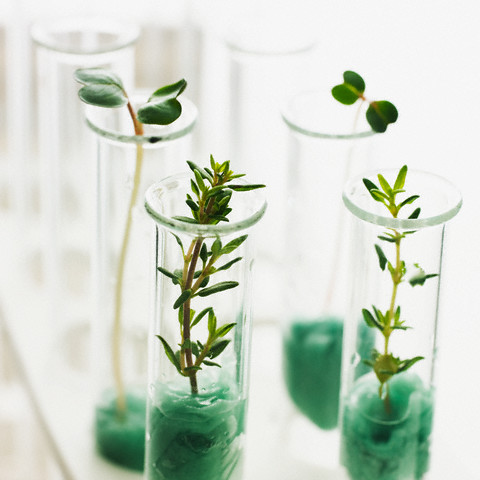International Journal of Pure & Applied Bioscience (IJPAB)
Year : 2017, Volume : 5, Issue : 6
First page : (104) Last page : (111)
Article doi: http://dx.doi.org/10.18782/2320-7051.5051
Economic Impact of Sewage Water Use for Irrigation in Karnataka, India
Radhika* V. S. and G. N. Kulkarni
Department of Agricultural Economics, College of Agriculture,
University of Agricultural Sciences, Dharwad-580 005, Karnataka, India.
*Corresponding Author E-mail: raduvs467@gmail.com
Received: 24.06.2017 | Revised: 31.07.2017 | Accepted: 4.08.2017
ABSTRACT
Water is vital to the existence of all living organisms, but this valued resource is increasingly being threatened with increasing population growth and demand for high water quality for both domestic purposes and economic activities. A critical factor in the estimation of waste water generation is the population growth. Population of the Hubli-Dharwad twin cities is the second-largest in Karnataka, after Bangalore. The present study was based on primary data. The results indicated higher land use efficiency in the sewage water villages. Sewage water is a rich source of essential macro nutrients-nitrogen, phosphorus and potash and thereby contributed towards increased crop productivity and incomes of farmers. The farmers consider the resource as boon which provide water for irrigation throughout the year and serves as source of income and employment. Among the various problems faced by sewage water irrigation, the weed infestation was given utmost priority by the farmers as the sewage water carries countless number and variety of weed seeds.
Key words: Sewage water generation, fresh water, Cropping pattern and Yield.
Full Text : PDF; Journal doi : http://dx.doi.org/10.18782
Cite this article: Radhika, V.S. and Kulkarni, G.N., Economic Impact of Sewage Water Use for Irrigation in Karnataka, India, Int. J. Pure App. Biosci.5(6): 104-111 (2017). doi: http://dx.doi.org/10.18782/2320-7051.5051





